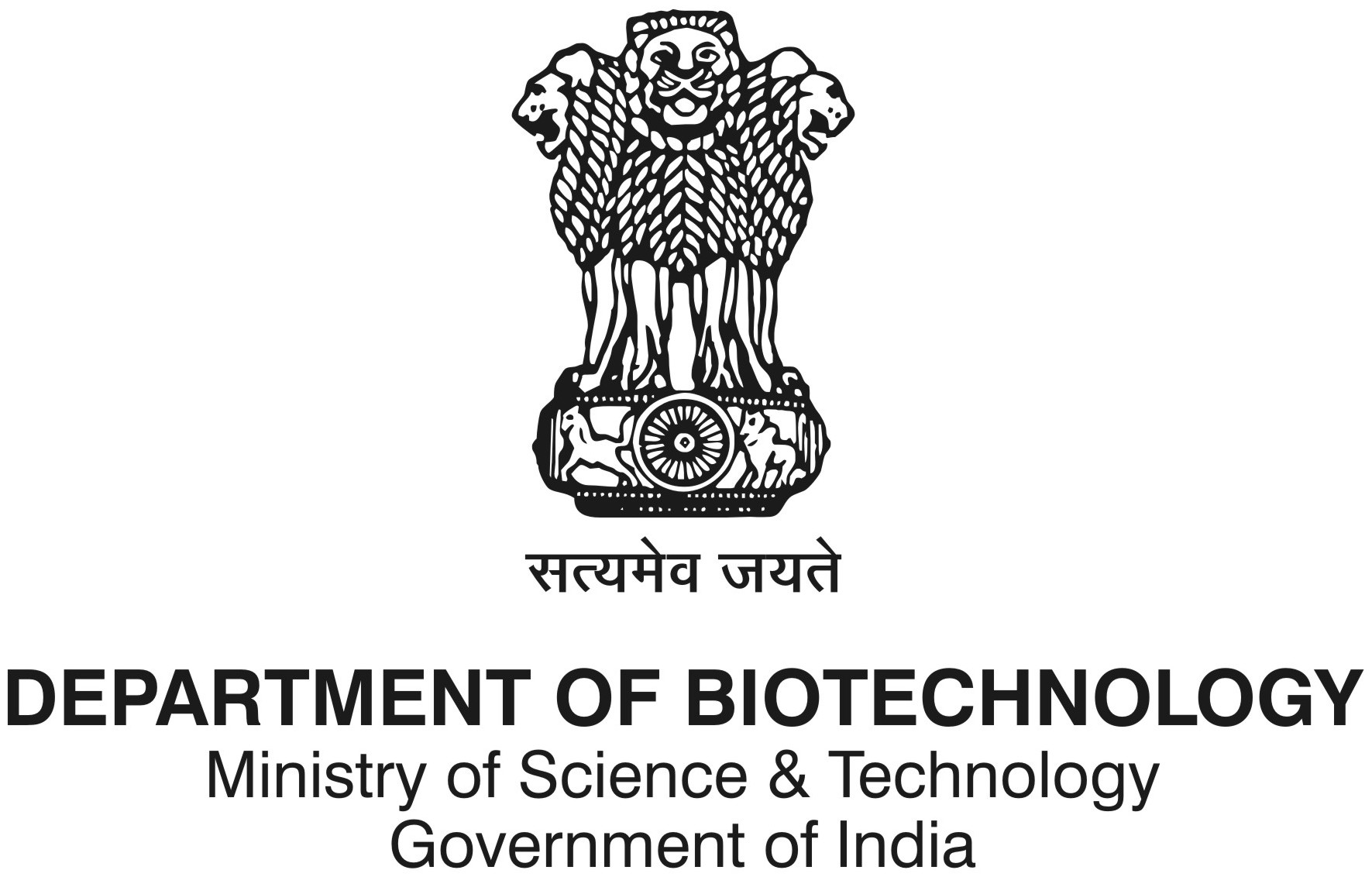
About
Human challenge trials (HCTs) deliberately infect participants in order to test vaccines and treatments in a controlled setting, rather than enrolling individuals with natural exposure to a disease. HCTs are therefore potentially powerful tools for attaining a deeper understanding of the pathogenesis of infection, as well as for drug and vaccine development.
Interventions in an HCT may be drug-related (dosing post-inoculation with the challenge agent), preventative-vaccine-related (vaccination up to 3 months prior to challenge), or therapeutic-vaccine-related (vaccinated just prior or at the time of inoculation). Other considerations affecting dose-response may be the dose or titre of the challenge virus, or the type/suitability of the virus to the model being tested, eg, strain-specific interventions. Identifying the most appropriate outputs (objectives) may be crucial to the success or failure of an intervention.
HCTs offer an efficient model for the selection of the most promising agents from a diversity of available candidates for further product development, and are increasingly being utilized to efficiently bridge safety and immunogenicity testing and phase II/III efficacy studies. CHIM studies not only allow efficacy data to be generated quickly, they also facilitate the identification of good immune correlates, down-selection of vaccine candidates and early vaccine formulation decisions, thus avoiding unnecessary and costly large-scale trials. This challenge organism may be close to wild-type and pathogenic, adapted and/or attenuated from wild-type with less or no pathogenicity, or genetically modified in some manner. For a challenge study to prove effective, it is essential that subjects are confirmed to be susceptible to the challenge agent prior to entering a trial to ensure a high attack rate (rate of infection).
Challenge trials have been critical to the success of vaccines for cholera and typhoid fever. Such studies, carefully designed under Institutional Review Board guidance to balance risk and value to society, have demonstrated that controlled human infection trials can be done safely and ethically. Despite many important scientific advances from HCTs on cholera, dengue, influenza, malaria and typhoid, ethical concerns about challenge studies may derive from the fact that they involve giving healthy people a disease.
Yet when an infectious disease is emerging, there is often substantial risk and uncertainty about its complications, and few, if any, effective interventions, making HCT ethically complex.
It is important to note that not all diseases for which vaccines might be developed are suitable for conducting human challenge trials. In many cases, human challenge with a virulent or even an attenuated organism would not be considered ethical or safe. However, a human challenge trial might be considered when the disease an organism causes has an acute onset, can be readily and objectively detected, and existing efficacious treatments can be administered at an appropriate juncture in disease development to prevent significant morbidity.
There is general agreement that the ethical considerations about challenges in clinical trials should be thoroughly evaluated. Clinical trials should be designed and conducted in a manner that minimizes risks to human subjects while maximizing the potential for benefit. Consideration must be given to both potential individual risks and benefits, as well as to potential societal benefits and risks, including even risks to contacts of participants infected in a challenge study.
With the expanding interest in global health security against infectious diseases of pandemic concern, HCTs have become an important part of the increasing thrust on vaccine development. In Europe and the United States, HCTs are regularly performed using various viruses, bacteria and parasites. Conducting HCTs in low and middle-income countries (LMIC) where these infectious diseases are endemic could provide more relevant and appropriate results, particularly where prior exposure might influence the course of the disease or effects of intervention. Therefore, there is a growing discourse on increasing the capacity of LMICs to conduct HCTs to tackle infectious diseases. There is need to explore the medical research landscape in India and assess the country’s preparedness in terms of national guidelines, specialized infrastructure, trained manpower, regulatory and ethical framework, etc. to conduct challenge studies.
Agenda
- {{keyPoints}}
Speakers
Registration
Participation in the webinar will be free of charge, however advance registration will be required. The number of participants will be limited, and registrations will be on a first come, first served basis. For registration, please click here. Webinar will be livestreamed through Youtube, link is given here.
Contact Us
You may kindly contact NBM Workshop Management Cell, Biotech Consortium India Limited, New Delhi at [email protected] or 011-23219064-67 for any further queries regarding the programme.



